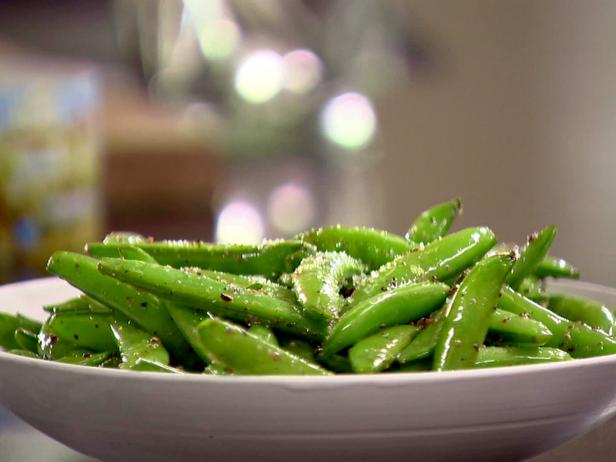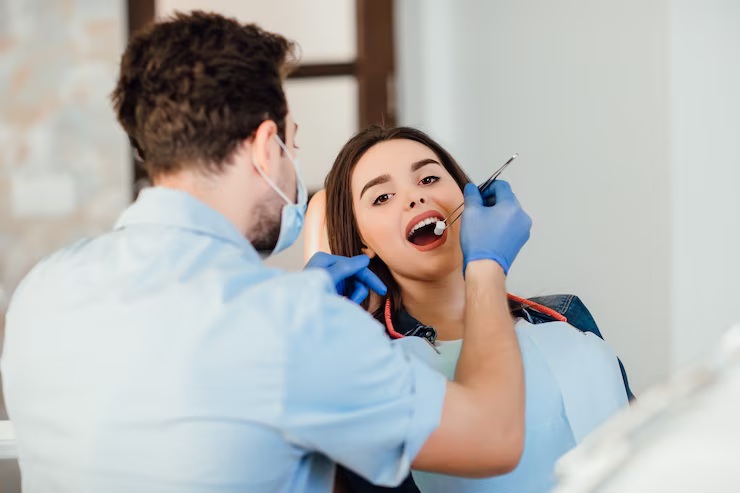According to the American Cancer Society (ACS), more than 76,000 Americans, according to TrustedSource, are expected to be diagnosed with kidney cancer in some form this year.
There is no specific diet for those with renal cancer. However, maintaining a healthy body while managing side effects from cancer treatment and maintaining trusted sources are important.
What you eat can affect how you feel every day if you have kidney cancer. Learn which foods to eat, which to avoid, and what to expect if you are undergoing treatment.
What to Eat
Everyone should eat a balanced, nutritious diet. But those with kidney cancer are especially encouraged to do so. You may need to adjust your diet depending on the type of cancer treatment you are receiving and your stage. However, you can include certain foods in your daily meals.
Fruits and vegetables
Fruits and vegetables contain a lot of fiber and are a great source of vitamins and minerals. These vegetables can also reduce cholesterol and help control your blood sugar. Beans and peas are fiber-rich vegetables that can be healthy.
Every day, you should consume four servings (four fruits) and five servings (5 vegetables) of Trusted Source.
Some sample dishes are:
- 1 medium apple
- 6 baby carrots
- 16 grapes
- Half of a medium-sized potato
- Raw leafy greens: 1 cup
Whole grains
Energy-rich foods include whole wheat bread, wild wheat, and pasta made from whole wheat. These foods are also high in iron, fiber, and B vitamins.
Some whole grains can contain high levels of phosphorus. This common mineral is not harmful for healthy kidneys. However, when the kidneys aren’t working properly, it can cause health issues. The kidneys are responsible for balancing the phosphorus levels in the body.
Even if you have kidney cancer, small amounts of phosphorus in your diet should be fine. Your doctor’s advice on your personal phosphorus consumption should always be given priority over general guidelines.
Proteins
The protein in your diet is essential for building and maintaining muscle mass. A person with kidney cancer who consumes too much protein may experience a buildup in their bloodstream of waste products derived from food. This can cause symptoms such as fatigue, nausea, and headaches. Talk to a doctor about the best type of protein and how much you should include in your diet.
Avoid
A number of foods can increase the risk of kidney complications. Avoiding these foods and habits is not always possible, so try to reduce your intake.
High-salt foods
Salt can cause a fluid imbalance in the body, which leads to high blood pressure. This can worsen the symptoms of kidney dysfunction. When possible, eat less processed foods because they are usually high in sodium.
- Fast food
- salty snacks (like potato chips)
- Processed deli meats, such as salami
Use herbs and spices to flavor food instead of salt. If you are using herbs that are not common, consult your doctor.
Foods high in phosphorus
The mineral phosphorus is a naturally occurring mineral that can help your body in many ways. Bone Strength. Nutrition can play an integral part in strengthening bones. Too much phosphorus may cause side effects in cancer patients with reduced kidney function.
You may be advised by your doctor to reduce your consumption of foods rich in phosphorus, such as:
- Cocoa
- Beans
- Processed bran cereals
- Certain dairy products
- Oysters
Too much water
People with kidney cancer may also experience problems if they overhydrate. Reduced kidney function can cause you to have reduced urine output and retain more fluid in your body. Drinking water is important, but you should also monitor your fluid intake to ensure that you don’t consume too much.
Highly processed food and beverages
In a 2018 prospective study, it was found that people who consume ultra-processed food have a 10 percent TrustedSource increased cancer risk.
has associated lower levels of diet quality with a higher mortality risk. Dietary quality is lower when red and processed meats are consumed.
Limit the consumption of highly processed foods and beverages, such as:
- Packaged bread and snacks
- Sodas and sweetened beverages
- Meat preserved with nitrates
- Instant noodles and soups
- Ready meals that are frozen or shelf-stable
Alcohol
Alcohol, beer, and wine could interfere with the cancer medications you are taking. Some limited evidence suggests that alcohol consumption may increase the risk of cancer recurrence or death.
Tips on how to eat while undergoing treatment
A varied and nutrient-dense diet is one way to take care of yourself. However, cancer treatment can affect your appetite as well as your body.
Poor appetite
Many cancers, including kidney cancer, can cause weight loss. Your taste in food may change. You may find that foods you used to enjoy are no longer appealing and even cause you to feel nauseated.
You can try a few foods to see if they make you sick. You should eat regularly, even if you don’t feel hungry. This will help to maintain your energy level throughout the day. You may find it easier to eat smaller portions if you are having trouble eating large meals.
No matter the time of day, eat your largest meal when you are most hungry. Nutritional bars and smoothies are good ways to add extra calories if you’re not as hungry as you used to be. Speak to your doctor or registered dietitian for the best options.
Weakness
During cancer treatment, it’s normal to experience energy fluctuations. You may feel weaker and have less energy. Speak to your doctor, dietitian, or spouse about options for meal delivery. Many of these services include nutrition information. These can make meal preparation a breeze and help you consume the desired number of calories.
Certain foods are easy to prepare and can be very helpful in maintaining energy. Some of these include:
- fruits
- Nuts and nut butters
- Vegetables with healthier dips, such as hummus
- Sandwiches made with a leaner source of protein (turkey or chicken, peanut butter)
- Cheese
- Hard Boiled eggs
- Whole-grain cereals
- Low-sugar granola bar
- yogurt
- Smoothies
Other side effects
Cancer treatment can make your immune system weaker and more susceptible to infection. You may want to follow these guidelines when preparing and storing meals.
- Wash the produce thoroughly.
- Separate cutting boards are needed for vegetables and meats.
- Ensure that all foods, such as meat, poultry, and eggs, are cooked to perfection.
- Avoid drinking milk or juice that has not been pasteurized.
- Avoid eating raw foods like shellfish, sushi, and sprouts.
- Throw out anything that appears slimy or moldy, including produce.
While undergoing certain treatments, you may experience mouth ulcers and swallowing problems. There are ways to maintain your daily nutrient and caloric goals if you find yourself in this situation.
- To maintain your dental health, use a soft brush.
- Ask your doctor about anti-inflammatory drugs or steroids to manage pain and symptoms.
- Avoid spicy foods.
- Avoid citrus fruits and juices like oranges and lemons.
- Concentrate on smaller meals and easy-to-chew foods, such as yogurt, smoothies, and pureed soups.
Takeaway
It can be difficult to treat kidney cancer, but a good diet can make a difference. For most people, including those with kidney cancer, it is important to eat a balanced diet that is rich in nutrients. There are some nutritional concerns you might want to bring up with your doctor. These include the recommended amounts of protein, foods high in phosphorus, and salt consumption.
Consult your doctor before making major changes to your eating habits. Report any new side effects as soon as you can.
Credit: The Web Health & Drugs Discussion Forum




